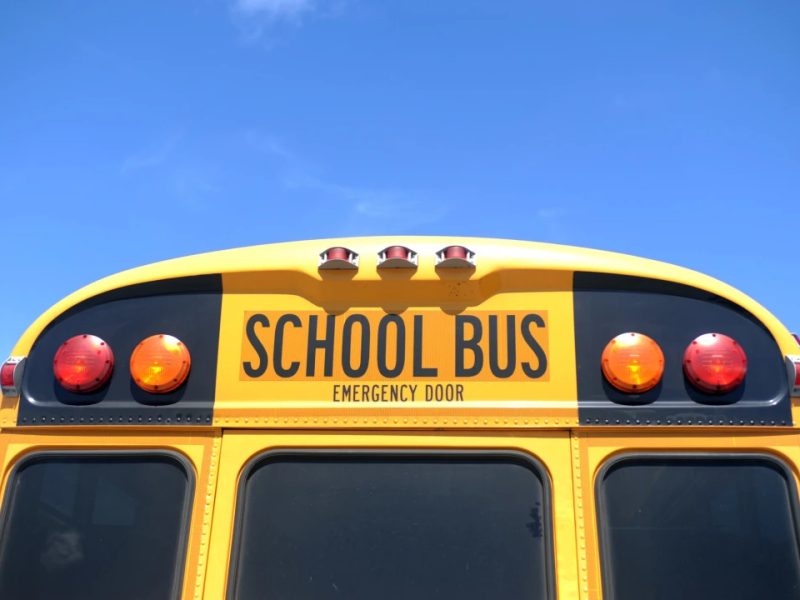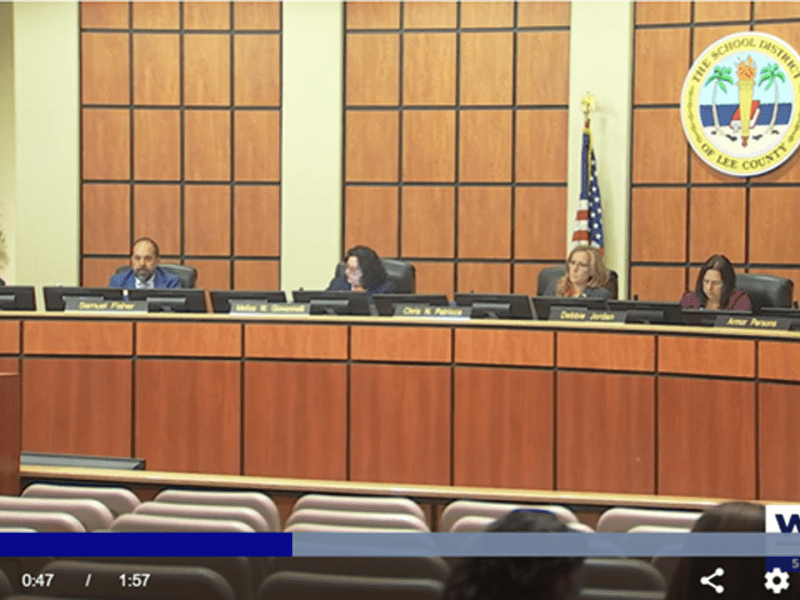Feds and FL officials try to tackle mental health crisis facing K-12 and college students
Florida Phoenix | By Danielle J. Brown | May 19, 2022
As some students continue to struggle with ongoing mental health concerns, state and federal officials are trying to focus on how to get children and teens to bounce back from the trauma and stress exacerbated by the COVID-19 pandemic.
Wednesday, Gov. Ron DeSantis signed a bill into law that makes some changes to current statewide mental health policies in public schools.
The legislation, HB 899, requires that each K-12 school district has a “mental health coordinator” to oversee the communication and implementation of student mental health policies and allows parents of students receiving mental health services to get information about other school or community-based behavioral health providers.
Districts must also inform individuals living with a student receiving mental health services about programs for which the individual may qualify, if needed.
In addition, under the new law that starts July 1, Florida’s public charter schools are explicitly required to report to the Department of Education instances of “involuntary examinations,” or instances where a student presents a danger to themselves or others and needs an immediate mental health evaluation.
The 2022 bill was sponsored by Rep. Christine Hunschofsky, a Democrat who represents part of Broward County.
The legislation builds off efforts from the Marjory Stoneman Douglas High School Public Safety Act, a law passed by the 2018 Legislature following the mass shooting at Broward’s Parkland-based high school, where a former student killed 17 students and staff members.
Meanwhile, on the higher education front, the U.S. Department of Education is urging states to use federal COVID relief dollars to mitigate stresses, anxiety and trauma exacerbated by the pandemic.
“If there is one thing I’ve heard while speaking with college students throughout the nation, it’s been the need for greater mental health supports on campus,” U.S. Secretary of Education Miguel Cardona said in a written statement.
“We must make sure our colleges and universities have the tools and resources to help students, faculty, and staff heal from the grief, trauma, and anxiety they endured amid the pandemic,” he continued.
The USDE released new guidance for states on how to use federal relief dollars to help with ongoing mental health struggles of college students, faculty and staff.
Some of the suggestions include:
/hiring more counselors, social workers and other mental health staff;
/investing in telehealth options, which include telephone-based or online access to mental health professionals;
/encouraging physical activities and breathing exercises for stress reduction, and
/providing screening and referral to treatments for substance use disorders.
The federal government has distributed billions to the states for K-12 schools and higher education through various COVID relief efforts.
One pot of money is referred to as the Higher Education Emergency Relief fund (HEER), primarily targeted for institutions of higher education.
For Florida, the federal government has provided some $4.5 billion in HEER funding throughout the three COVID relief efforts since 2020, according to the USDE’s website. According to data as of March 31, Florida has spent about $3.3 billion, or 72.9 percent, of that funding.






